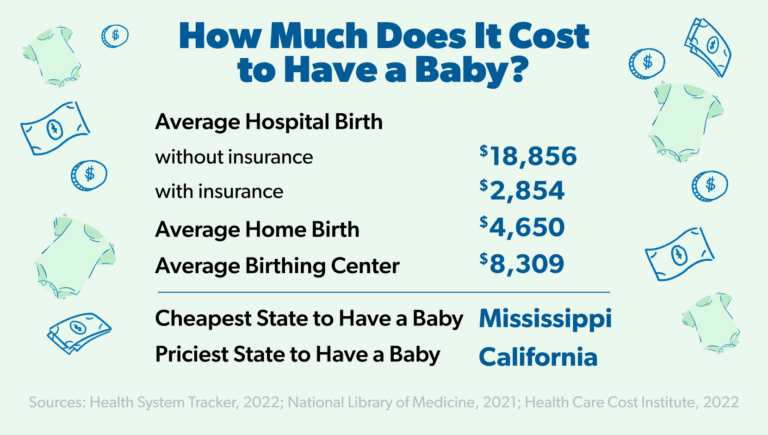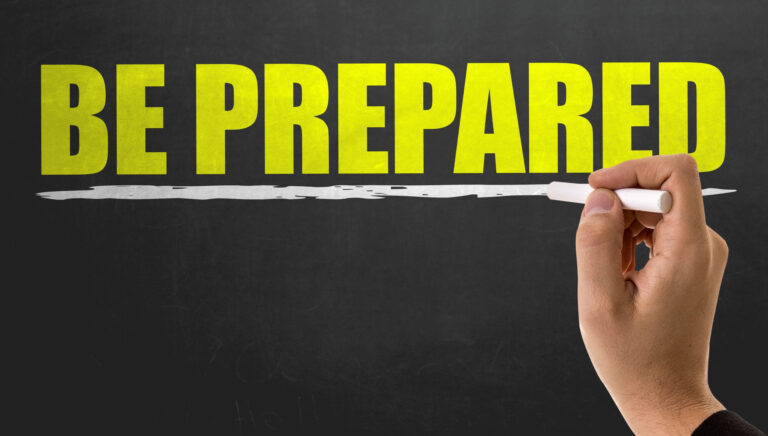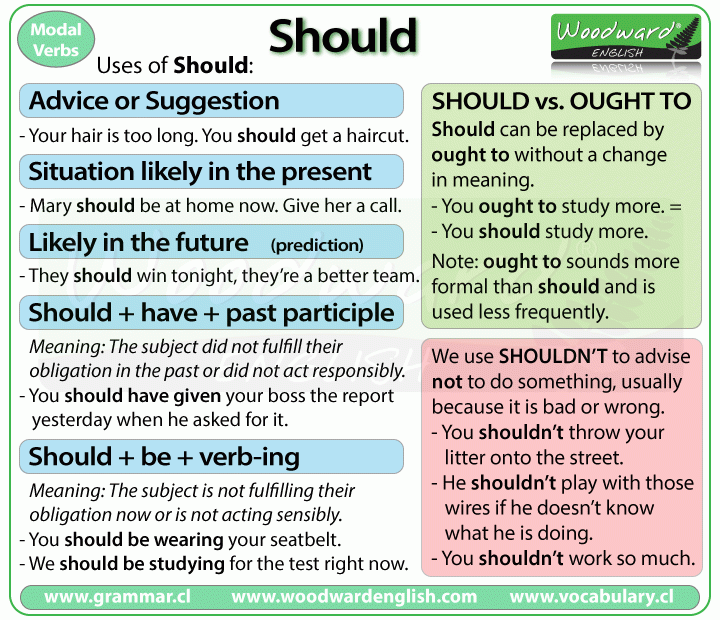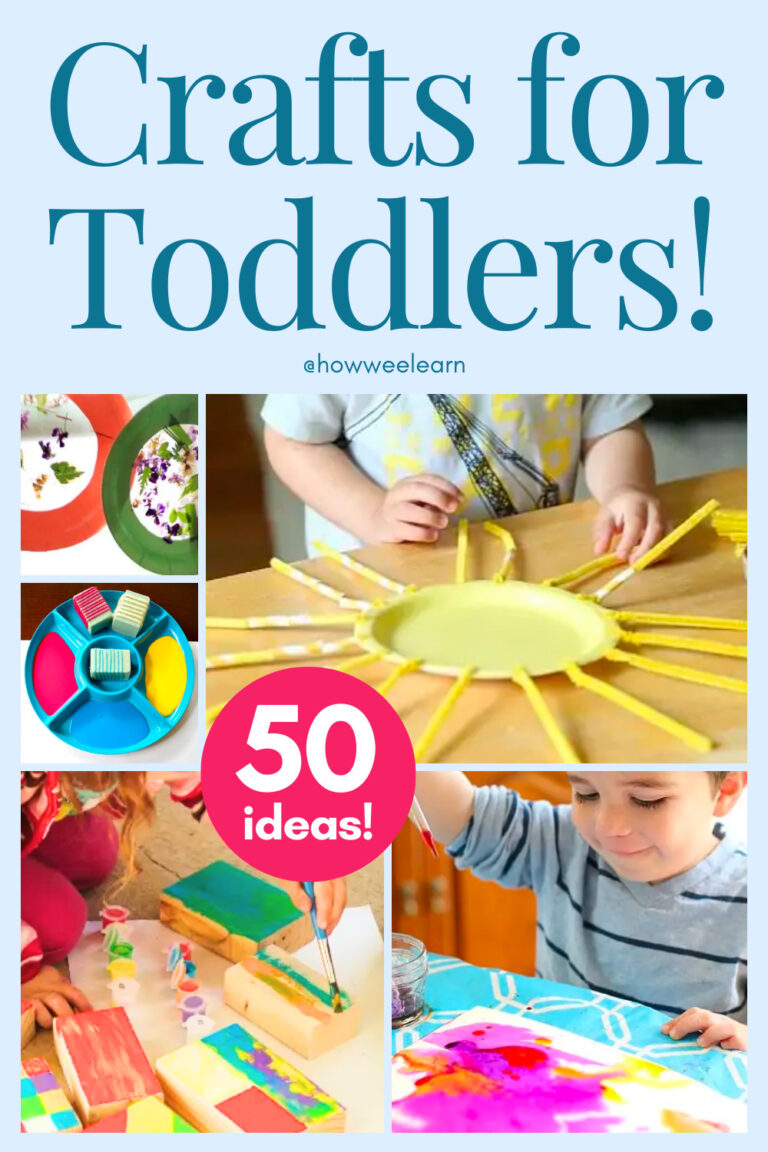When Does Baby Umbilical Cord Fall Off
As a parent, one of the many things you may wonder about when caring for your newborn is when does the baby’s umbilical cord fall off. This crucial stage can be both exciting and nerve-wracking for new parents. Understanding the process and timeline of the umbilical cord falling off can help ease any concerns you may have. In this article, we will delve into the details of when the baby’s umbilical cord typically falls off and what you need to know during this time.
Knowledge
During pregnancy, the umbilical cord serves as the lifeline between the baby and the mother, providing essential nutrients and oxygen to the developing fetus. After birth, the umbilical cord is clamped and cut, leaving a small stump attached to the baby’s belly button. This stump will gradually dry out and fall off on its own, typically within one to three weeks after birth. The process of the umbilical cord falling off is a natural and essential part of the newborn’s healing and development.
As the umbilical cord stump dries out, you may notice some changes indicating that it is about to fall off. These signs include the stump turning black or brown, becoming dry and shriveled, and eventually loosening from the baby’s belly button. It is essential to let the umbilical cord fall off naturally without trying to force it off, as this can lead to infection or bleeding.
While waiting for the umbilical cord to fall off, it is crucial to keep the area clean and dry to prevent infection. You can gently clean around the stump with a cotton swab dipped in warm water and mild soap, being careful not to pull on the cord. It is also recommended to fold down the baby’s diaper to allow air circulation and avoid covering the stump. If you notice any signs of infection, such as redness, swelling, or discharge, contact your pediatrician immediately for further evaluation and treatment.
Conclusion
In conclusion, the umbilical cord falling off is a natural and essential process for newborn babies. By understanding the signs of when the umbilical cord is about to fall off and how to care for the stump properly, you can ensure a smooth transition for your baby. New parents should be aware of the timeline for the umbilical cord to fall off and be proactive in maintaining good hygiene practices during this time. Remember, if you have any concerns or notice signs of infection, always consult with your pediatrician for guidance and support.
Overall, the process of the umbilical cord falling off is a small but significant milestone in your baby’s development. It signifies the beginning of a new chapter in your baby’s life and marks the start of their journey towards independence. As a parent, being informed and prepared for this stage can help you navigate the challenges and joys of caring for your newborn with confidence and ease.





